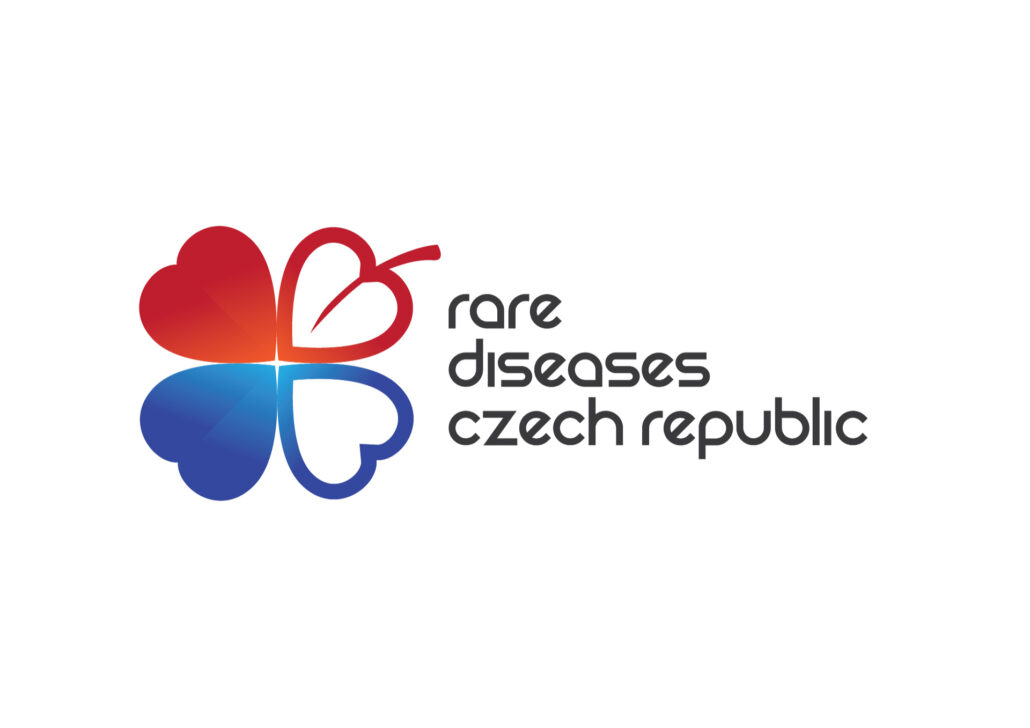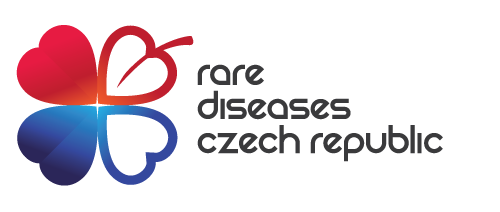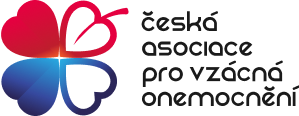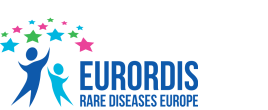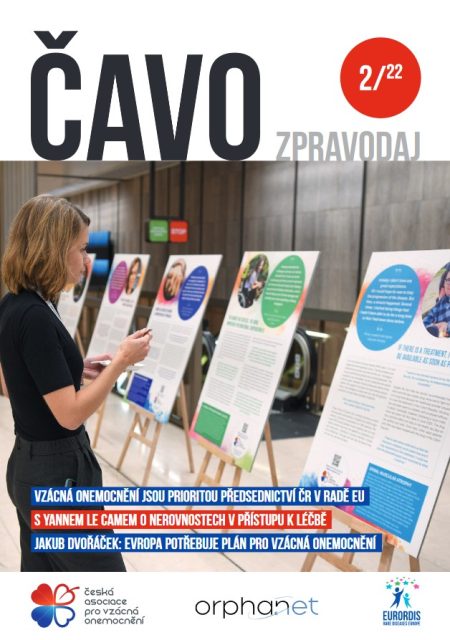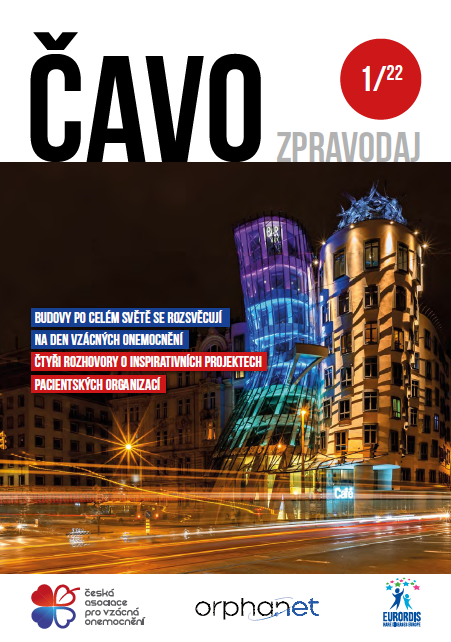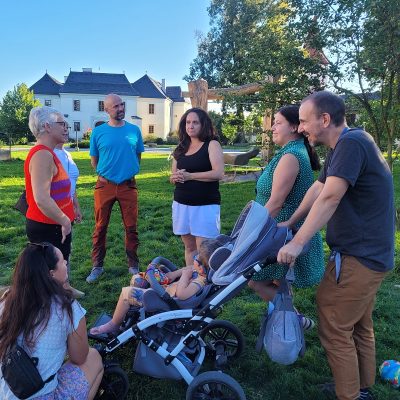
We unite people affected by rare diseases. We share experiences and help each other. We bring together patients and their families, professionals, politicians and civil servants to change the health care and social systems in their favour
Mission, vision and goals
The mission of the Rare Diseases Czech Republic (RDCR) is to bring together rare disease patient organisations and individual patients, to represent their interests and to raise awareness of rare diseases’ specific issues among healthcare professionals, representatives of national and international institutions and the public.
The most important objectives of RDCR are:
Promote the interests of patients with rare diseases in the health care system
Strengthen awareness of rare diseases among the public, national and international institutions
Improve access to information, treatment, diagnosis and other health services for patients with rare diseases
Support scientific and clinical research in the field of rare diseases
Enhance patients’ quality of life through social services, education and other forms of support
Members of the RDCR Board
The activities of the Association are coordinated by the Board
The board consists of a President and two Vice-Presidents. The Board is elected every three years at the RDCR conference
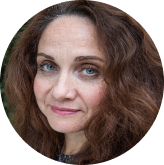
Anna Arellanesová
Chair and also member of the Cystic Fibrosis Association Committee
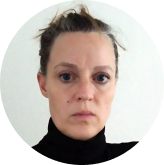
Kateřina Uhlíková
Vice-Chair and also Chair of the META Association
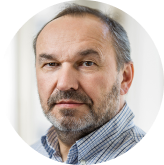
René Břečťan
Vice-Chair and also member of the Parent Project Committee
RDCR members
Membership in organisations and advisory bodies
Participation through membership in other organisations and working groups helps us to defend the interests of patients with rare diseases at the national and international level, and promotes the exchange of experiences and examples of best practices
Representatives of RDCR regularly attend meetings, congresses and conferences and visit partner associations in other countries.
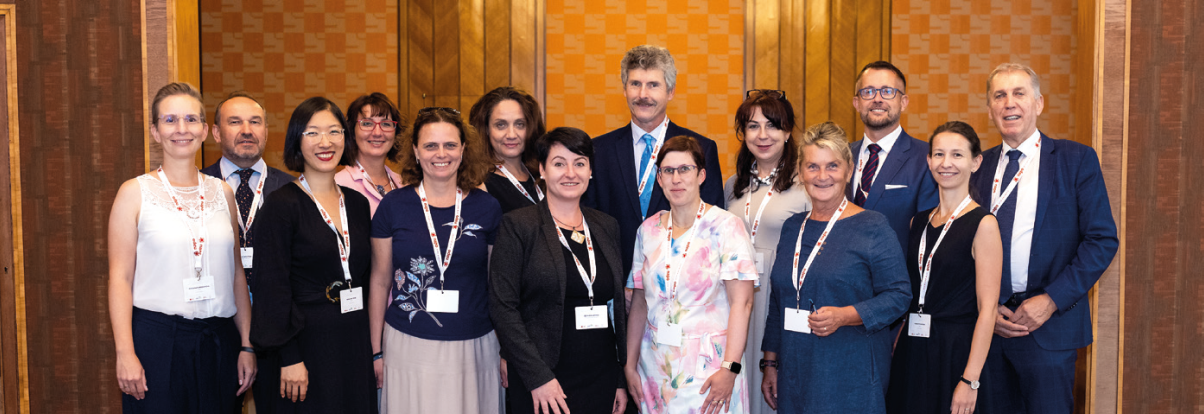
Patient Council of the Minister of Health
Patients’ organisations working in various fields are represented on the Council. They can make suggestions to the Ministry of Health and comment on forthcoming regulations
Interdisciplinary Commission for Rare Diseases of the Ministry of Health of the Czech Republic
The Interdisciplinary Commission is an advisory body to the Ministry of Health in the field of rare diseases. It is composed of doctors, hospital representatives, health insurance companies and patient organisations
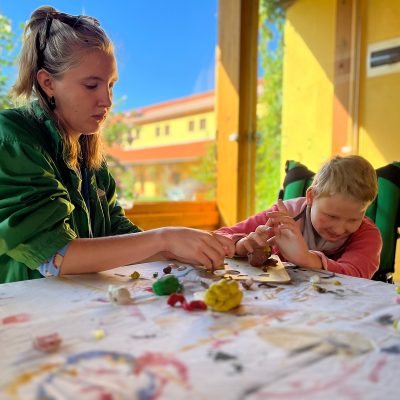
Rare diseases are those that affect less than five people in 10,000. These are mostly inherited multi-systemic diseases that are life-threatening or have a significant impact on a patient’s quality of life
How many people live with a rare disease?
300
million people worldwide have a rare disease

30
million in the European Union

500 k
in the Czech Republic

How many rare diseases are there?
6000+
More than 6,000 different rare diagnoses have been described

72 %
of them are genetic in origin

70%
of them develop in childhood

95%
There is no targeted treatment for 95% of rare diseases
Although their diagnoses are very different, people living with a rare disease face many similar problems
- Getting the right diagnosis often takes years from the onset of symptoms
- Patients and their families often live in uncertainty; how to proceed, what care to seek and where to find it
- There is often a lack of reliable information about the disease, treatment options, prognosis of the disease and ways to manage everyday life situations
- Few specialist doctors know the diagnoses well and are able to help effectively
- Patients and their families can face misunderstanding and may even be excluded from the society
- Social support is often not tailored to their needs
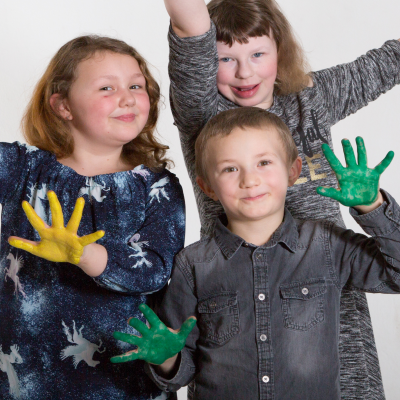
Through our projects, our goal is to contribute to solutions to the problems that patients with rare diseases and their families face in their daily lives. Whether it is the diagnostic odyssey, loneliness, ignorance or misunderstanding in society, or lack of social services and complex legislation, we strive to make sure that no one is left behind
Help line

Uncertainty about a diagnosis or dealing with specific situations that living with a rare disease brings can have a serious impact on the patient and their family. That’s why we created a place where people can turn for help when they can’t find it themselves
Who does the help line serve?
- People suffering from severe long-term and unexplained symptoms and needing help finding the right diagnosis
Patients and their families who know their diagnosis and need help to find the right information, contacts for professionals, or support organisations
General practitionerss who need to connect with rare disease experts
- They can all write an email for a consultation:
Rare Disease Day
We believe that if people know about rare diseases, they will be more open to people who live with them, not shy away or fear them
The aim of Rare Disease Day is to draw attention to the fact that rare diseases exist. Doctors need to consider rare diseases when seeking the right diagnosis and care; health and social care managers to consider the specific needs of rare patients and their families; and the public need not be afraid of people with rare diseases – instead, they should be sympathetic to them.
Rare Disease Day is traditionally marked by hundreds of events, conferences and meetings around the world. EURORDIS coordinates events at the international level, and RDCR organizes events in the Czech Republic.

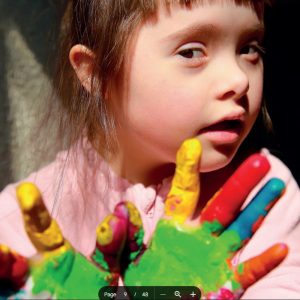
Stories of people living with rare disease
People with rare diseases often face ignorance and misunderstanding in society, lack of interest and fear. That’s why we show diseases as they are. We ask people what living with a rare disease means to them, how they cope and what helps them
We publish stories of individual people living with rare diseases on our website www.vzacni.cz. They allow us to show not only how incredibly difficult living with a rare disease can be, but also how, through bravery and determination, people manage to face these obstacles.
Read the stories of people with a rare disease at www.vzacni.cz
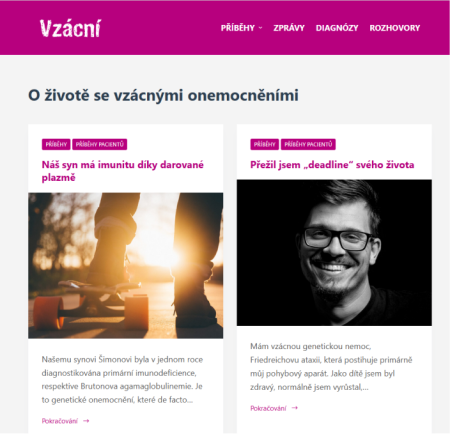
Palliative care
It’s not just about treating a diagnosis, but helping a particular person in their life through treatment
We are committed to improving the quality of life for patients with rare diseases. This is why we are also working to develop palliative care for rare diseases in collaboration with other organisations and experts in the field. We believe that palliative care should be available on a long-term basis, from the time of diagnosis of a life-threatening illness. For example, it should accompany the patient at times of deteriorating health or at times of major decisions about further treatment. We also believe palliative care should be part of the network of specialised centres for rare diseases, and we are now directing our efforts toward this goal.
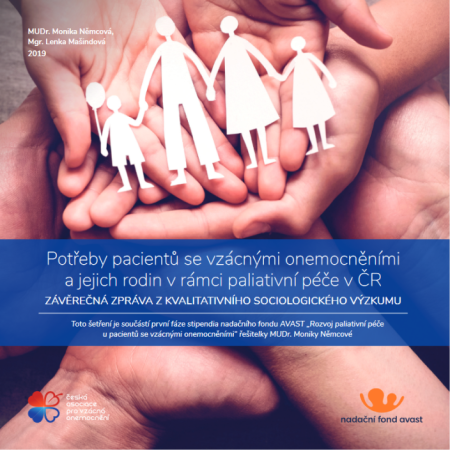
A platform for ultra-rare and undiagnosed diseases
It makes sense to try the impossible, because sometimes it succeeds
People with undiagnosed diseases and their families face many uncertainties and fears. They don’t know what to expect, why their symptoms are appearing, whether they will worsen over time, or whether more symptoms will appear. They see many doctors, often staying in hospitals. They find themselves in difficult situations when seeking effective support or appropriate social services.
With our platform for the ultra-rare and undiagnosed, we are trying to replicate the function of a patient organisation; these organisations provide a space for patients and their families to help each other. We also strive to correctly identify common problems and find effective solutions.
We believe that through our platform, the ultra-rare and undiagnosed patient population will be better heard and we will be able to change the current care system to recognize and help these people in the best way possible.
Undiagnosed Day is commemorated every year on the last Friday in April.

Early diagnosis
In the case of rare diseases, arriving at the right diagnosis can be a difficult task, and a big responsibility falls on GPs for children and adults
In the case of rare diseases, arriving at the right diagnosis can be a difficult task, and a big responsibility falls on GPs for children and adults. They must correctly assess when symptoms are severe and correctly refer the patient to other specialists. On one hand, patients should not be overloaded with unnecessary examinations, but on the other hand the responsibility not to underestimate the symptoms.
We therefore try to formulate the correct procedures and draw attention to them in cooperation with experts. We regularly participate in congresses of primary care physicians, where we talk about our experiences and advocate for physicians to take rare diseases into account in their practices. We also contribute to journals that focus on these physicians. RDCR has created numerous information leaflets and posters for medical practices.
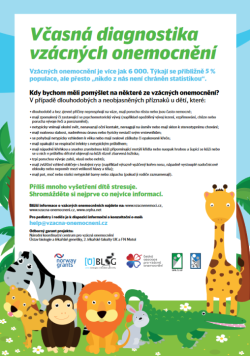
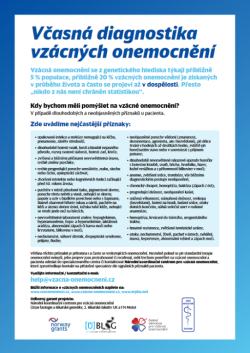
Medical education
Decisions about how rare diseases will be treated in the future are being made today in medical schools
We want as many medical professionals as possible to learn about rare diseases during their training. We believe they will then be able to treat rare disease patients better; some will also focus on rare diseases in their research.
That is why we established cooperation with the 2nd Medical Faculty of Charles University and other faculties. Within the framework of our project, individual patients and family members participate in seminars and lectures. In this way, future doctors not only encounter expert explanations, but they also have the opportunity to have personal contact with real people living with rare diseases. We believe – and the feedback from the faculties proves it – this way of extending teaching enriches medical professionals and helps their interest in the field of rare diseases.
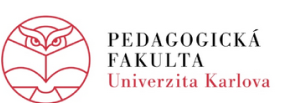
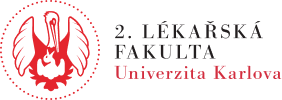
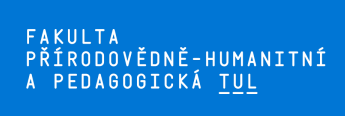
Newsletter
The RDCR newsletter is published twice a year in both print and electronic formats
It is intended for people living with rare diseases, their families, patient organizations, physicians and helping professions, and the general public. It features articles and interviews on current issues in the field of rare diseases, as well as what can be expected in future developments.
Contact
Rare Diseases Czech Republic
Česká asociace pro vzácná onemocnění, z. s.
(Rare Diseases Czech Republic)
Bělohorská 19
169 00 Prague 6
Czech Republic
cavo@vzacna-onemocneni.cz
Identification number: 22 74 82 70
databox ID: r8iqzxq
account number: 2700441666 / 2010 Fio Banka
